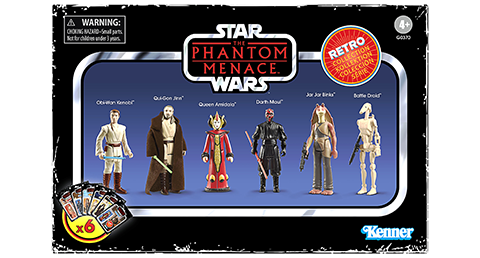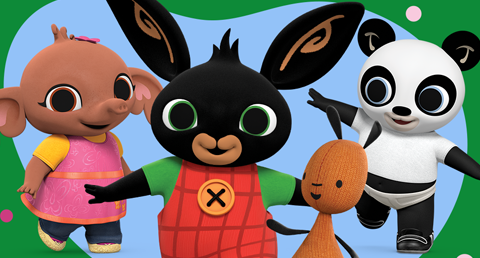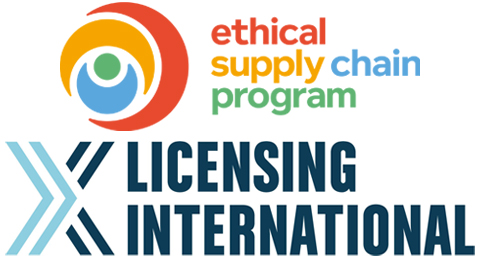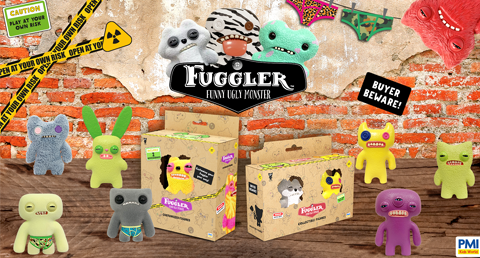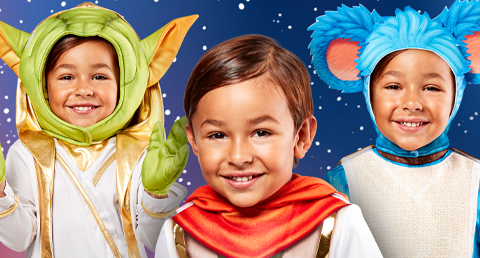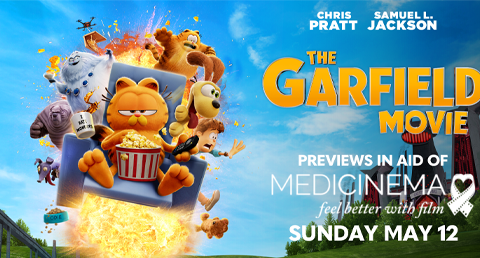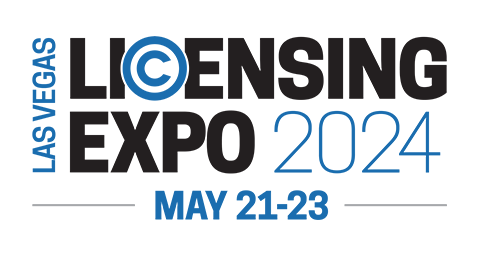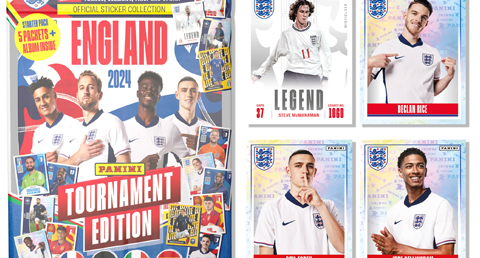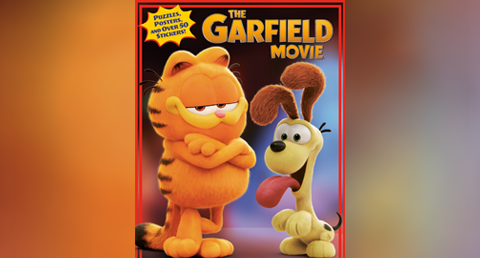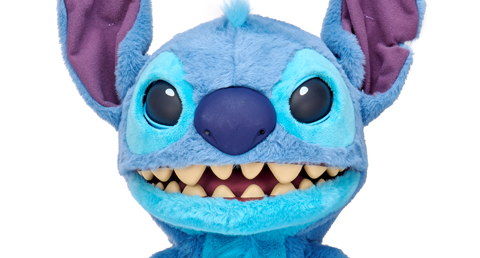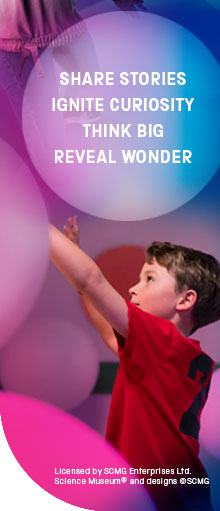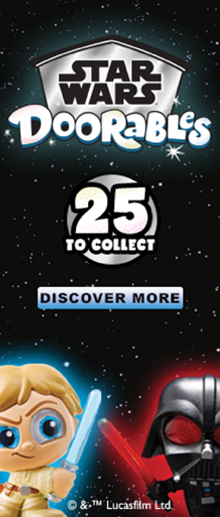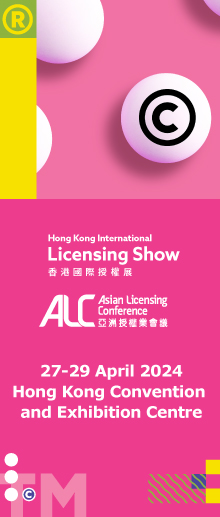As the world waits for sporting events across the globe to open their doors to the crowds once again, the Rugby League World Cup 2021 brand has its own, additional project underway – developing and rolling out a comprehensive licensing programme designed to ‘transcend the sport’ itself and tap into the millions of potential fans worldwide.
Licensing.biz talks with Jon Neill, commercial director, Rugby League World Cup, and Ashley Holman, MD and founder of Riverside Brands, the agency tasked with building the RLWC 2021 brand through a portfolio of licensing partnerships about sport licensing, and developing the blueprint for sports teams to follow in the years to come.
Firstly, we hope you guys are well and have managed throughout this pandemic. How is the Rugby League World Cup brand positioned as we begin to emerge from it all? There must be some pent up energy among fans and consumers?
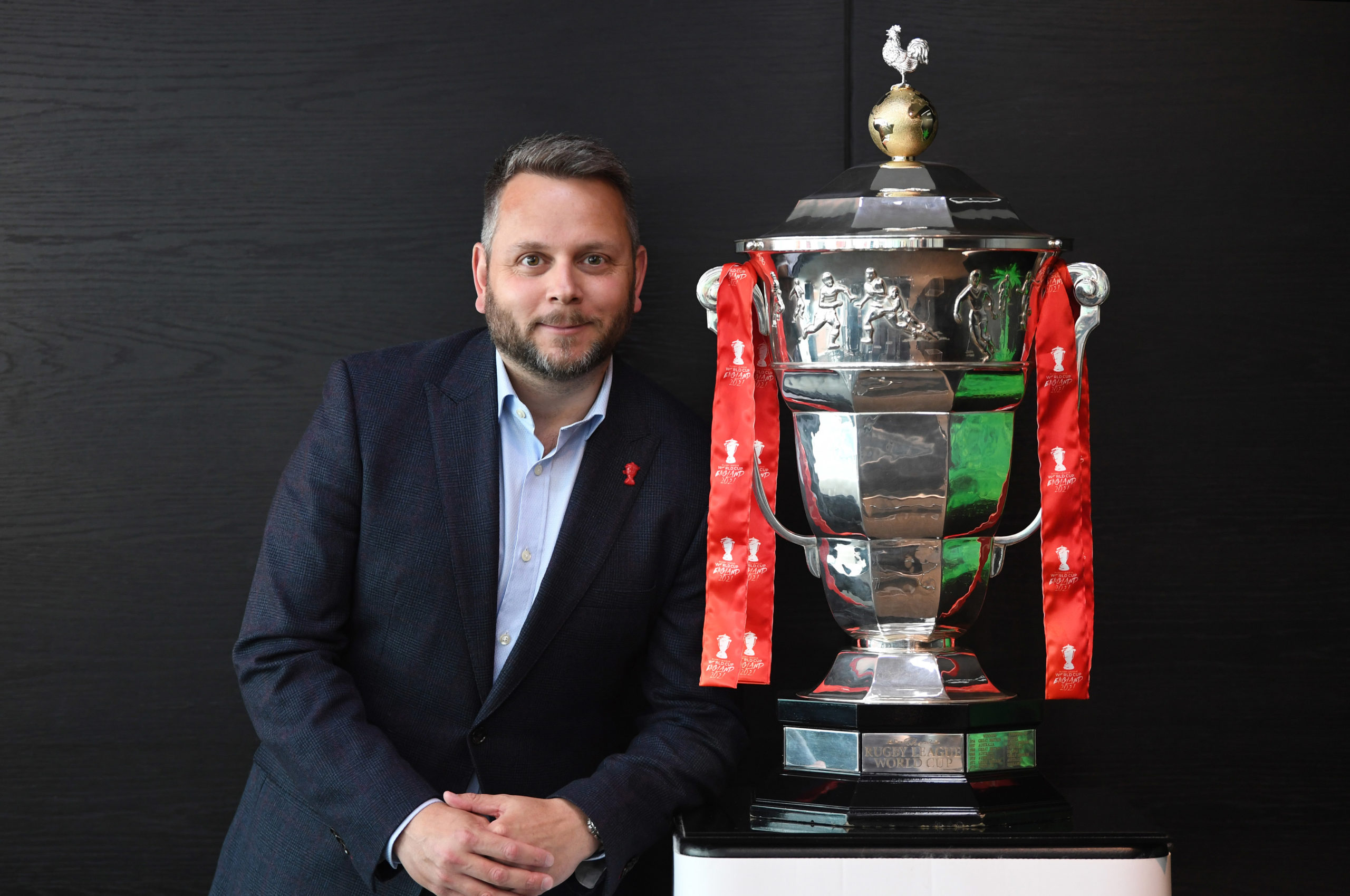
Jon Neill, commercial director, Rugby League World Cup: We’re all very well thanks at RLWC2021. It’s obviously been a hugely testing time for everyone around the world in recent months. It’s put sport and events into perspective as there are clearly more important things going on than our tournament. Although we’re fortunate that we’ve been able to continue with our planning during the period. There are certain things outside of our control, but we are hugely optimistic that we’ll be in a position to deliver the best ever Rugby League World Cup and the biggest standalone sporting event in England next year.
Last month we actually launched our new brand to celebrate 500 days to go until the tournament starts. Part of this was a new positioning around ‘Power of Together’, which is very apt in terms of our inclusivity values, but also appropriate given the times we are experiencing and people wanting to get back to seeing friends and family.
The fans are at the core of everything we do and we’ve been conducting detailed research into propensity to purchase tickets and attend events, with our pre-sale going live in September this year. This shows there is clearly a desire for live events with fans attending again, and we want to create and allow people to share experiences with each other.

Ashley Holman, founder and CEO of Riverside Brands: Thankfully, as a nimble agency operating across three key areas of the industry, we have managed to weather the storm relatively well. Not least thanks to the support of our existing clients and the great brands we work with.
We are also really fortunate to have picked up new opportunities, such as working with Jonathan Neill, Rob Hutchison and the team at Rugby League World Cup 2021, particularly as it’s set to be the largest and most exciting event the sport has ever had. It is also here in England and with everything that has happened in 2020, we think sports fans and those living locally will really engage with it. That means we will have a really engaged and enthused customer base to be able to provide best-in-class licensed product to further their experience of the tournament and keep those memories going beyond the final.
How have the past few months shaped your approach or strategy for the RLWC brand? Has it given light to new avenues or platforms for the brand, or how have you guys evolved with the changing lay of the land?
Neill: Everything we do is focused on our vision, mission and values, and they are all relevant and even more appropriate in the current circumstances we find ourselves in. There is much talk for companies of being able to ‘pivot’ at the moment, and we think we are in good position to continue to provide something positive for people, communities and our stakeholders.
From the beginning of our journey, dating back to the successful bid in 2016, our mission has been about creating inspirational moments, that engage, excite and leave a long lasting legacy. We’ll do this in many ways via RLWC2021 and we have plenty of hard work to come, and we need partners who will support us in achieving that, such as Riverside Brands for our licensing programme.
We’ll be the first major tournament to run the men’s, women’s and wheelchair tournaments concurrently, so inclusivity is hugely important for us. Our matches will be held at 21 venues across 18 towns and cities, with 85 per cent of those in the ‘Northern Powerhouse’ region. We also have a fantastic legacy programme taking place before, during and after the tournament, which is engaging people within communities in multiple ways. So we have a huge opportunity to celebrate our host locations, drive civic pride, and create positive engagement and memories for people.
Holman: The strategy was agreed with the RLWC2021 team in early February and we still feel the base is there for sure. However with the changing dynamics of bricks and mortar retailers, and the surge in online purchasing now, we need to ensure this element is factored into our plans accordingly.
You talk about transcending the sport of Rugby League to engage new audiences – what form do you think this will take and how will licensing achieve this for you? What areas do you think Rugby League World Cup will work particularly well within?
Neill: We have overall targets for RLWC2021 that require us to positively engage new audiences, ones that are outside of the core rugby league fan. The core fan is hugely important to us, and quite rightly they can’t wait to celebrate and engage with the biggest and best ever Rugby League World Cup next year. Just in the UK there are 14 million people who ‘follow’ rugby league, so the potential is there for us.
To sell 750,000 tickets for example across our 61 games, we have to bring new people into the tournament, alongside our core fans. We’ve spent a great deal of time looking at who these people might be, and Deloitte, one of our official partners, have helped massively in this space. These audiences include broader sports fans, families, women, millennials, students etc. We have to provide a reason for them to engage with our tournament, and we think licensing, merchandise and consumer products is one way to do this.
Holman: As Jon says, the licensing strategy revolves around catering for the core fans who follow the sport avidly, while also playing on the history of the tournament, teams and rugby league itself. These elements will also be used to proactively engage a wider audience, including families and children in particular, who are much newer into the sport. This is being done by a really progressive style guide that we’re developing working with the great team at Skew Studio and will allow us to cater for both sides of the audience.
Why is now the right time to be looking at building the brand in this way? What do you think building out a licensing programme for the brand can do for the sport overall, particularly from a grassroots level, and will this be a key market for you guys?
Neill: Rugby League World Cup 2021 is the single biggest project the sport has undertaken in its 125 year history, so now has to be the right time to build the brand in this way – we ultimately won’t get a better opportunity to do so. Our objectives for licensing are to increase our profile, create fan engagement and ultimately drive revenue.
Grassroots is very important, and also creating future fans for the sport. We have to create a legacy from the tournament and engage people in a positive way. This isn’t about picking up a rugby ball – we’re doing this in a variety of ways, whether that be through our volunteering opportunities, our mental fitness charter, our schools education resources, watching a form of rugby league – like Wheelchair rugby league – that someone might not have done previously, creating new heroes, or by engaging with licensing and the associated products and exposure.
Holman: I think the fact that for the first time ever this tournament will bring together the men’s, women’s and wheelchair competitions into one place, creating a world class stage for all categories of the sport, is a huge USP. From a merchandising point of view, this means we’ll be able to cater to a much wider fan base those tournaments will attract, rather than having to focus on just one which is the norm. Not only is this important for getting new fans from all three elements engaged and building brand loyalty, it also provides licensees and retailers with more potential customers for the products on offer.
2020 has by all accounts been a very tough year for sports overall – how do you think the trials of the last few months will impact on the potential for sports licensing? Do we have to re-engage audiences, or will there be a pent-up demand driven by the restrictions of this year?
Neill: “Much of this is still unknown and things are obviously changing on a daily basis, and we need to be flexible, reactive and responsive. We’re committed to a partnerships approach which understands the objectives of all parties and how we can collaborate, so we hope and think there is potential, although clearly the economic impacts are massive.
I think it will be a blend of both – there are going to be lasting impacts, but as you say, that will be balanced with a desire by many to get back to live sport and what that provides. We hope to be able to play a positive role in supporting people as we emerge from the pandemic. Sport has a unique opportunity to emotionally engage people, so we need to find our appropriate place moving forward.
Holman: I really believe there will be pent up demand. We are a nation of sport lovers and the loss of so many great sporting moments this year means next year there will be huge demand for sports brands, especially ones daring to be bold and brave like RLWC2021. Naturally alongside that demand to participate and view sport is the desire to show support for your favourite team, player and event through the consumer products range that will be on offer.
What role do you think licensing has to play in the audience engagement with sport in general in the coming future? How would you apply that directly to Rugby League? And what benefits would come from driving that engagement with the sport in the mainstream?
Neill: Sport and fan engagement is ever changing, and we need to embrace trends, technology and be insight and data led. Licensing has a critical role to play in that, and for us it’s in driving fan engagement and ultimately commercial opportunities to enable us to deliver an event like Rugby League World Cup 2021. At the same time, we can support other businesses and develop a ‘win win’ environment for all parties via mutually beneficial partnerships.
Our fans are hugely passionate and loyal, and the sport perhaps hasn’t embraced licensing too much previously, so we’re excited about the opportunities of bringing like-minded parties together.
The BBC is our broadcast partner in the UK for RLWC2021, and will show all 61 games across the men’s, women’s and wheelchair tournaments live on their platforms, which is a huge benefit for us. We have a great broadcast platform to integrate our activity, alongside the support of our stakeholders such as UK Government, 18 local authorities, commercial partners and sponsors etc. If we can use this network to create and promote positive social impacts from our tournament, then we hope this becomes a blueprint for major events moving forward.
Holman: Licensing plays a huge part in engagement. In the moment, people can show their support for a tournament, sport and team, and it also keeps the memory of the great experience they have had going long into the future.
Any hints on partners you guys may have already lined up for brand? What would the dream partnership be, and what are you looking for in a licensing partner.
Neill: We are really open to speaking and engaging with people who think they can contribute to what we’re trying to achieve, and also help meet their objectives also. We’re delighted to have Riverside Brands on board to lead the charge for us in this space with their fantastic creative thinking and contacts.
The hard work starts now, and we’ll be taking a data and insight led approach to uncover opportunities focused on our audiences, potential customers, and sectors and products which can support this. It’s certainly an exciting time and we’re fascinated to see the progress we can make with licensing over the next 18 months.
Holman: “We have already had some really exciting conversations since the announcement went live. We are keen to explore a plethora of categories from the more obvious ones, such as apparel, accessories and commemorative but also – in line with RLWC2021’s ethos of being bold and brave, world class, authentic and inclusive – we are interested to hear from anyone that has a product category that they feel would be a good fit.






